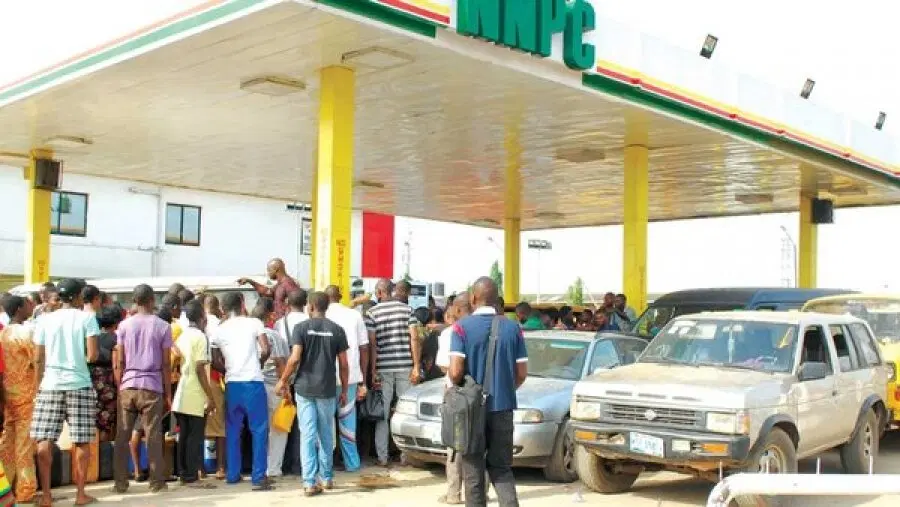Recent figures from the official pricing template reveal that the pump price of locally produced premium motor spirit (PMS), commonly known as petrol, is now aligning with the price of imported products. However, petroleum marketers caution that this price parity may not be sustainable if exchange rates for both locally produced and imported fuels are left to market forces.
According to findings by Vanguard, the Nigerian National Petroleum Company Limited (NNPCL) has increased the landing cost for imported PMS by 4% in October 2024, raising it to N956.13 per litre from N919.55 in September 2024. This rise is primarily attributed to fluctuations in the Naira’s value against the United States dollar, with the exchange rate changing from N1,625/$ in September to N1,645/$ in October.
An updated transactional analysis indicates that the total direct cost, which includes product costs and various charges, has been calculated at N913.12 per litre. This comprises:
- Product cost: N887.45
- Freight (Lome-Lagos): N10.37
- Port charges: N7.37
- Nigerian Midstream and Downstream Petroleum Regulatory Authority (NMDPRA) Levy: N4.47
- Storage cost: N2.58
Adding financial costs such as a letter of credit (N16.53) and total interest (N43.01) brings the total landing cost to N956.13 per litre.
Due to additional costs, including haulage and marketers’ margins, the average pump price for petrol is approximately N1,000 per litre. While major marketers, including NNPCL stations, sell petrol at around this price, independent marketers in the Lagos area are reportedly selling between N1,005 and N1,020 per litre, despite the officially recommended pump price being N998/litre.
Despite the current pricing landscape, many marketers believe the existing price differences are manageable and not excessively wide.

